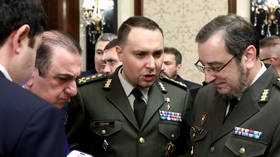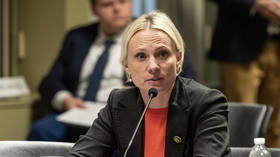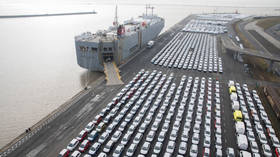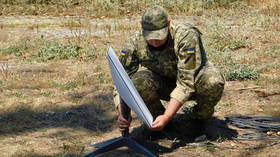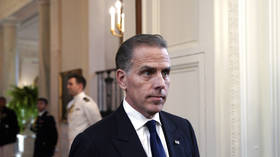Reserves fall and capital outflow stem from conflict and changing currency positions
Russia has seen a sharp fall in international reserves – of $16 billion.
Concerns over the conflict with Georgia and a weakening euro contributed to the fall
Russia has the world's third largest reserves. They fell from a record $597.5 billion dollars, with the biggest decline in two years since Russia paid off its remaining Paris Club debt. About 50 percent of Russia's international reserves are in dollars, 40% in euros, and10 percent in the pound or yen.
Renaissance Capital’s Aleksey Moiseev thinks that much of the outflow has been attributable to investors changing their dollar-euro currency positions, and with rouble denominated positions being hit through its link to both, rather than it being solely due to negative sentiment about Russian investment.
“I think there were a number of reasons for that. One is the very poor performance of global emerging market equity markets. Two because of the link between the Euro and the Rouble through the basket this had an impact on Rouble-dollar positions and a lot of people had been closing those positions. And three obviously the situation in Georgia and statements by national leaders haven’t helped the sentiment. So clearly there was some outflow, but the size of this outflow was much smaller than was suggested by the figure. According to our estimates only half of it was related to outflows, the rest due to re-evaluative effects of the positions.”




